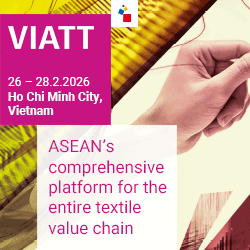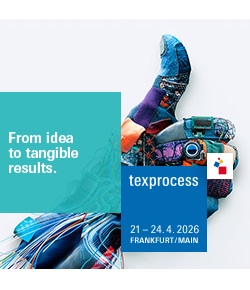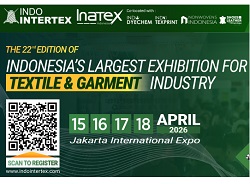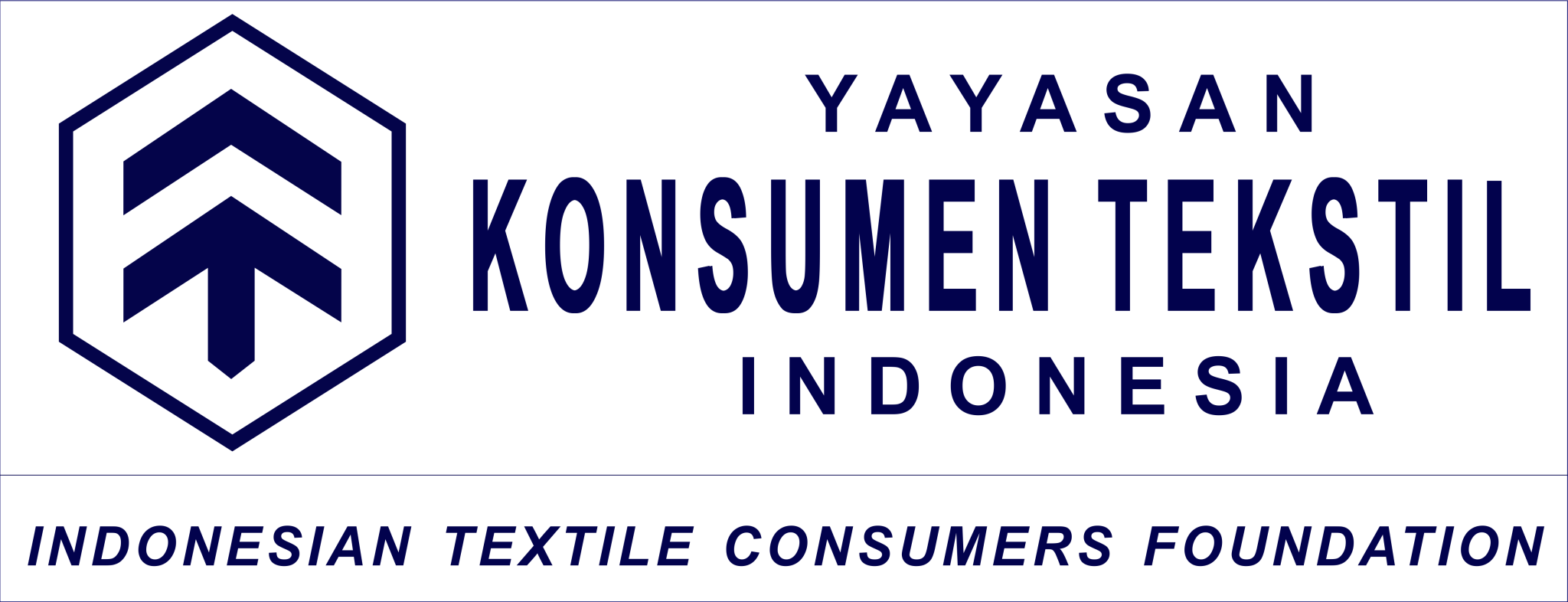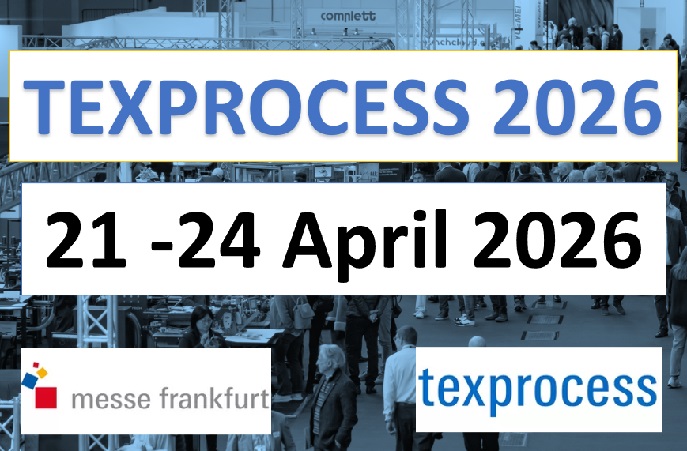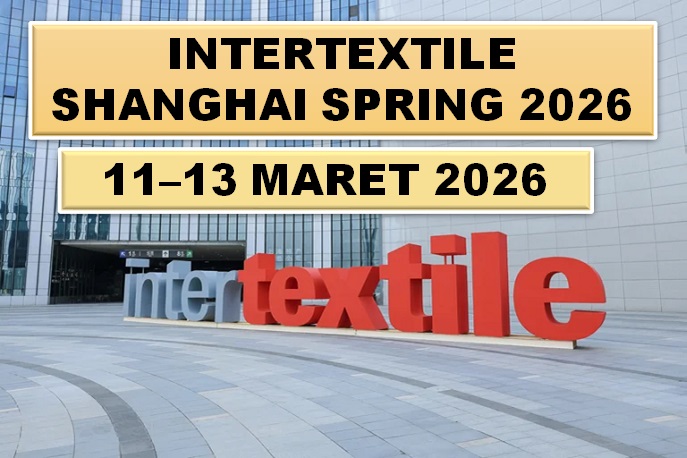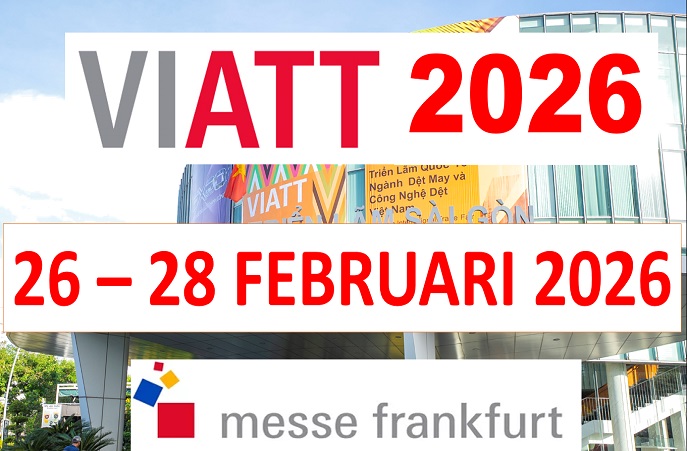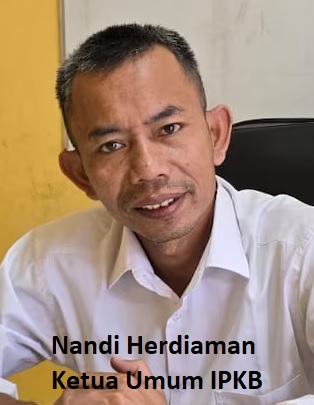Program Usaha Mikro, Kecil, dan Menengah Berani Inovasi, Siap Adaptasi Ekspor (UMKM BISA Ekspor) yang dijalankan Kementerian Perdagangan mencatat kinerja positif sepanjang 2025. Program ini berhasil memfasilitasi 1.217 pelaku UMKM dengan total transaksi mencapai US$134,87 juta atau setara Rp2,27 triliun.
Menteri Koordinator Bidang Perekonomian Airlangga Hartarto menegaskan bahwa industri Tekstil dan Produk Tekstil (TPT) bukanlah industri sunset atau sektor yang mengalami penurunan permanen. Ia menilai anggapan tersebut keliru karena kebutuhan dasar manusia terhadap pakaian dan alas kaki tidak akan pernah hilang.
Rencana pemerintah membangun Badan Usaha Milik Negara (BUMN) di sektor tekstil dengan nilai investasi hampir Rp100 triliun menuai kritik keras dari DPR RI. Sejumlah anggota Komisi VI menilai, langkah besar tersebut berisiko tinggi apabila tidak dibarengi dengan pembenahan regulasi dan perlindungan nyata terhadap industri tekstil dalam negeri yang saat ini tertekan oleh banjir impor.
Rencana pemerintah melalui Badan Pengelola Investasi Daya Anagata Nusantara (Danantara) untuk membangun Badan Usaha Milik Negara (BUMN) tekstil dari nol telah memicu perdebatan luas di kalangan pelaku industri. Dengan suntikan modal sekitar 6 miliar dolar AS atau setara Rp101 triliun, pemerintah menargetkan kebangkitan industri tekstil nasional secara terintegrasi dari hulu hingga hilir, sekaligus melipatgandakan nilai ekspor dari 4 miliar dolar AS menjadi 40 miliar dolar AS dalam satu dekade. Ambisi ini diproyeksikan menjadikan BUMN tekstil sebagai motor penggerak baru yang modern, berteknologi tinggi, dan bebas dari beban historis industri lama.
Pemerintah Indonesia menyiapkan langkah besar untuk menghidupkan kembali industri tekstil nasional melalui pembentukan Badan Usaha Milik Negara (BUMN) baru yang secara khusus bergerak di sektor tekstil dan garmen. Rencana strategis ini disampaikan oleh Menteri Koordinator Bidang Perekonomian Airlangga Hartarto sebagai bagian dari upaya memperkuat kemandirian industri dalam negeri sekaligus menghadapi tantangan global, termasuk potensi dampak kebijakan tarif Amerika Serikat.
Page 8 of 142

